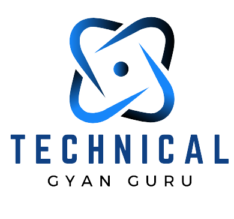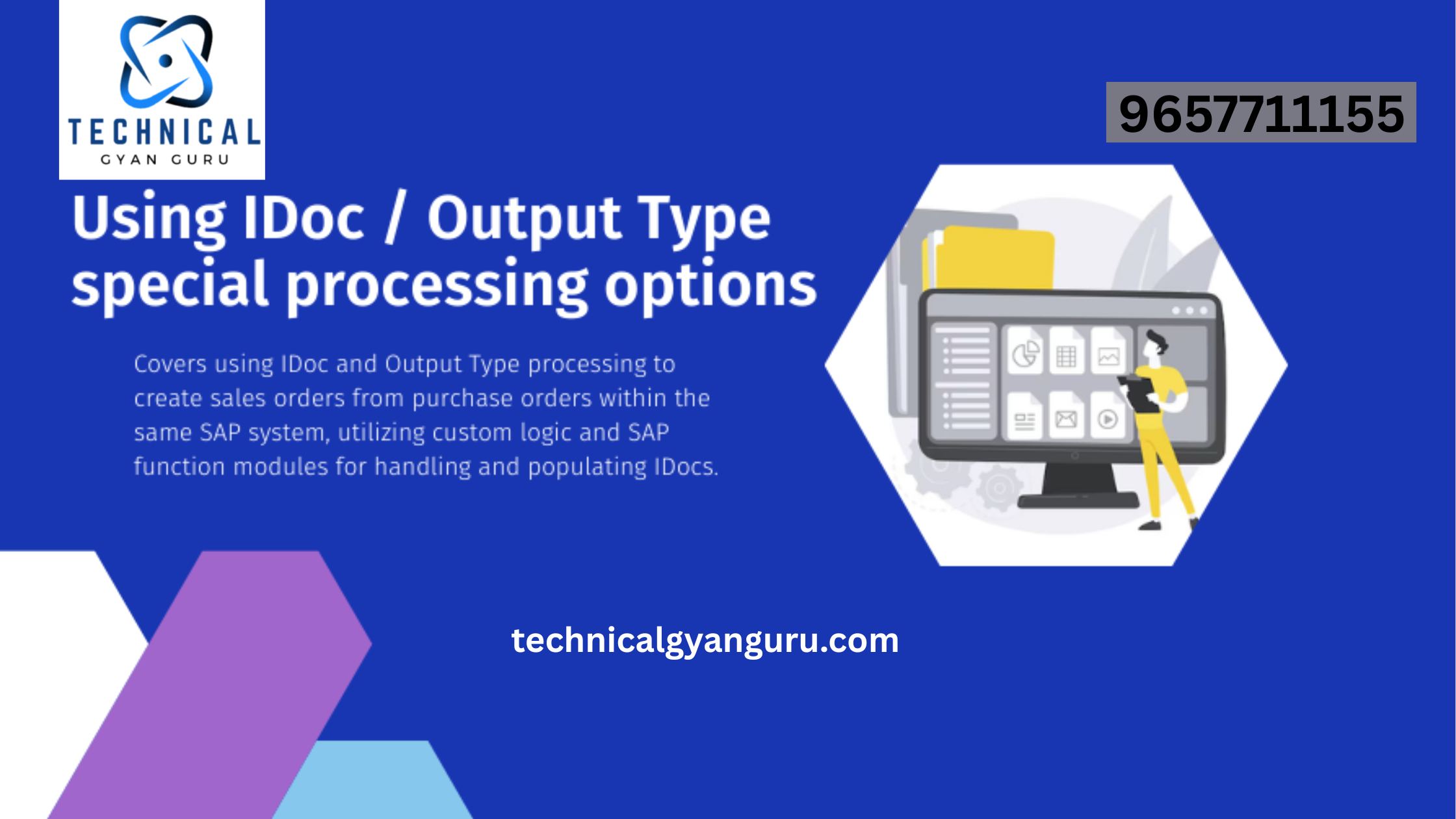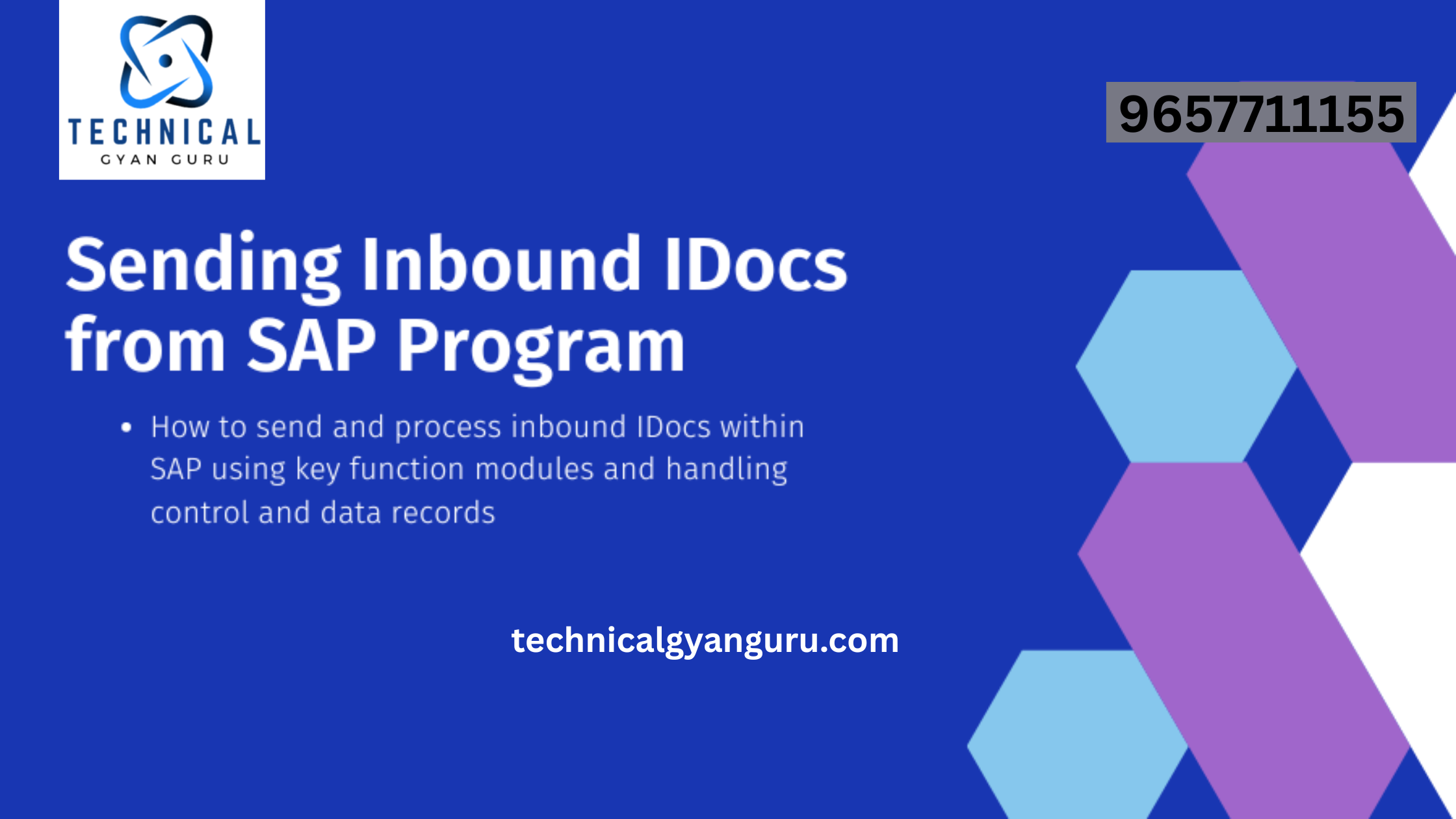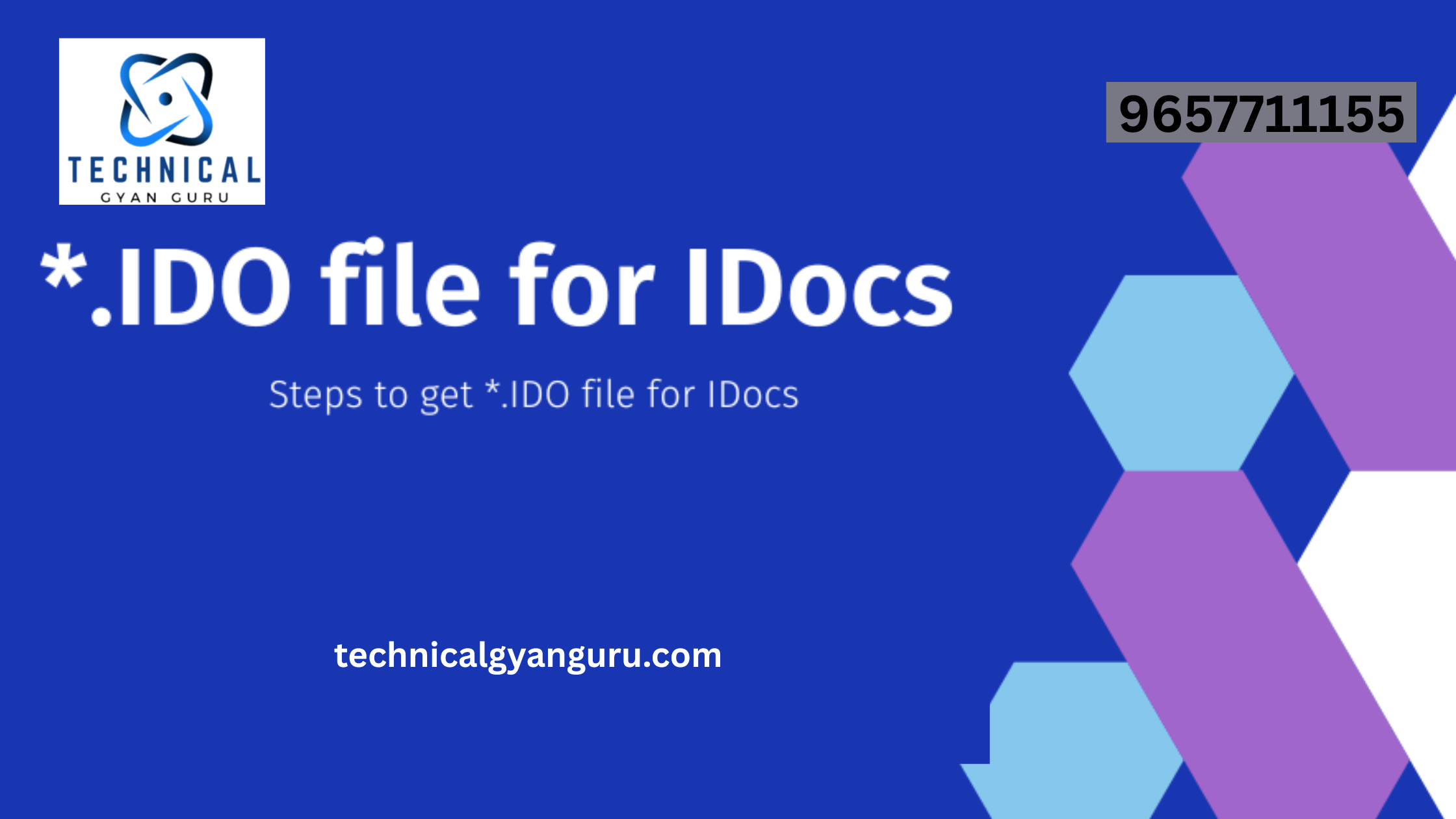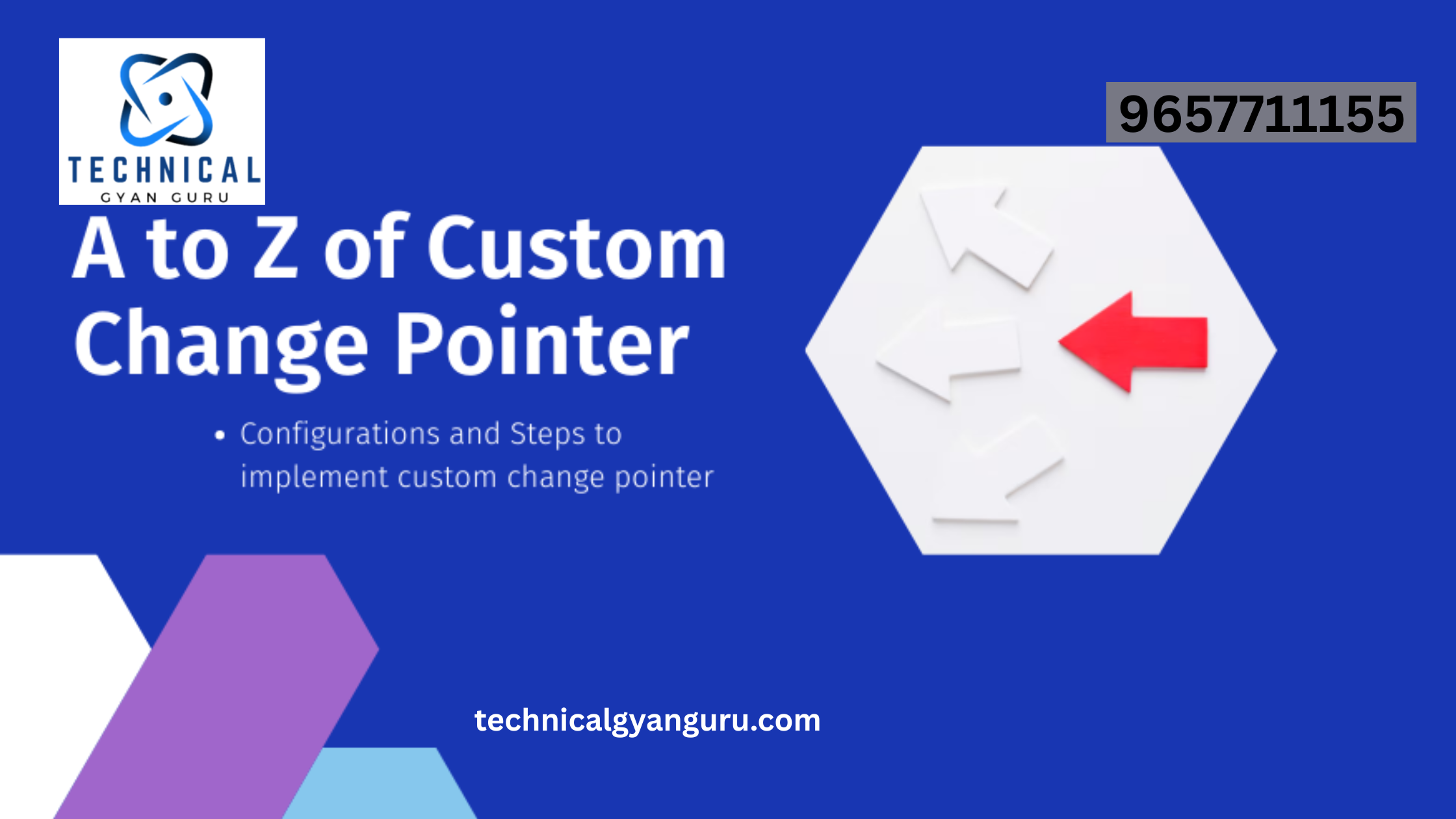
In the ever-evolving landscape of data exchange, OData stands as a beacon of standardized communication. To harness its power, developers have at their disposal a range of OData implementations and libraries. This blog takes you on a journey through the world of OData implementations and libraries, highlighting their significance, benefits, and how they simplify the integration of OData into your applications.
Understanding OData Implementations and Libraries
OData implementations and libraries are tools and frameworks that help developers create, consume, and manipulate OData services. These resources streamline the process of integrating OData into applications by providing pre-built functionalities and abstractions.
Benefits of Using OData Implementations and Libraries
- Rapid Development: OData implementations and libraries offer ready-to-use components, reducing the need to build everything from scratch. This accelerates development timelines.
- Standard Compliance: These tools adhere to OData specifications, ensuring that your applications are compatible with other OData services and clients.
- Complexity Management: OData implementations and libraries abstract the complexities of OData protocol and formats, allowing developers to focus on core application logic.
- Efficiency: Libraries often optimize data transfer, query execution, and resource management, leading to more efficient data exchange.
- Cross-Platform Support: Many libraries support multiple programming languages and platforms, enabling you to build applications for various environments.
Popular OData Implementations and Libraries
- Olingo: Olingo is an open-source Java library that simplifies the development of OData services and clients. It supports OData versions 2.0, 3.0, and 4.0.
- Simple.OData.Client: This .NET library provides an easy-to-use API for querying and interacting with OData services. It abstracts OData protocol complexities and supports both OData v3 and v4.
- JayData: JayData is a JavaScript library that facilitates OData communication in web applications. It supports various data sources, including OData services.
- odata4j: odata4j is a Java library for building and consuming OData services. It offers an expressive API and supports both server and client scenarios.
- Datajs: Datajs is a JavaScript library that simplifies working with OData services in web applications. It provides features for data manipulation and query execution.
- LoopBack: LoopBack is a Node.js framework that enables the creation of RESTful APIs, including OData services. It supports a wide range of data sources and client applications.
Implementing OData Services with Libraries
- Choose the Right Library: Select an OData library that matches your programming language and platform preferences.
- Setup and Configuration: Follow the library’s documentation to set up and configure the environment for building or consuming OData services.
- Define Entity Models: Define entity types and relationships in your data source using the library’s provided mechanisms.
- Implement CRUD Operations: Utilize the library’s built-in functions to implement Create, Read, Update, and Delete operations on your data resources.
- Querying and Filtering: Leverage the library’s query capabilities to implement data filtering, sorting, and pagination.
- Security and Authentication: Follow the library’s guidelines to implement proper security measures, including authentication and authorization.
Real-World Applications
- Mobile Apps: Implementing OData libraries simplifies data exchange between mobile apps and backend services, ensuring data consistency.
- Enterprise Solutions: OData libraries accelerate the development of enterprise applications that require efficient data integration and interoperability.
- IoT Applications: OData libraries enable IoT devices to communicate with cloud services and databases seamlessly.
Conclusion
OData implementations and libraries are indispensable tools for modern developers striving to enhance data interoperability and create robust applications. By leveraging the capabilities of these libraries, you unlock a world of standardized communication, rapid development, and efficient data exchange. Whether you’re building web applications, mobile apps, or enterprise solutions, OData implementations and libraries are your companions on the journey to streamlined data integration.
